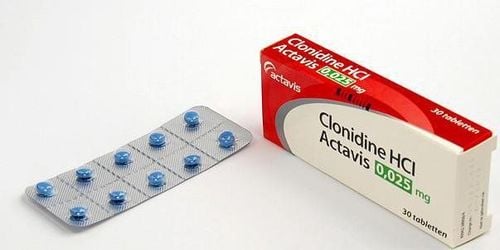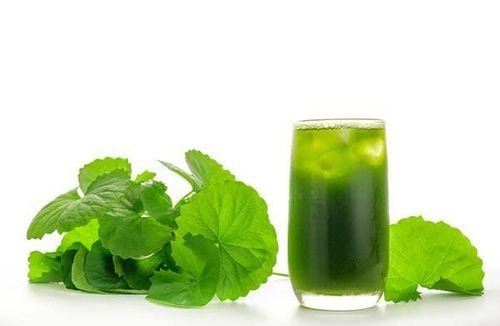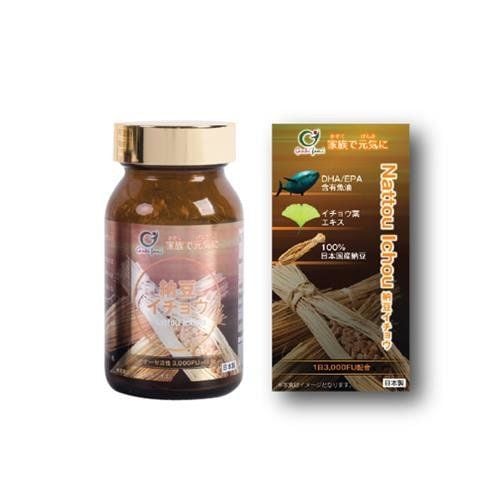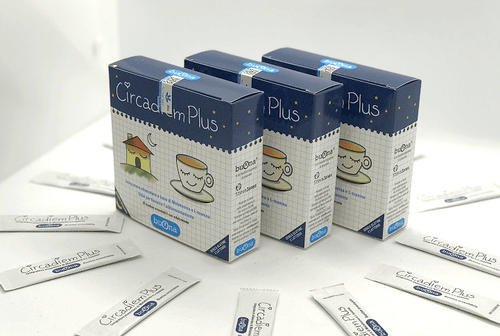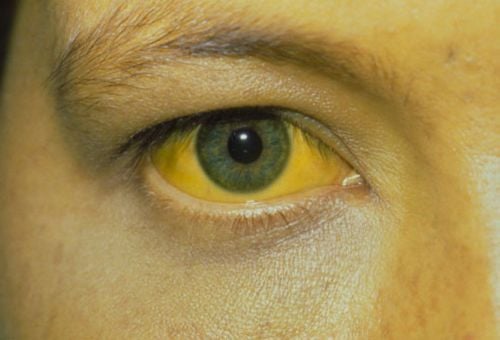This is an automatically translated article.
Every time you eat, diarrhea can occur due to many different causes, which are mainly related to acute diseases of the gastrointestinal tract. To minimize the risk of complications from diarrhea, especially in young children, you need to closely monitor signs of dehydration, high fever, and take your child to the doctor promptly.
1. Ingestion is diarrhea, what is the cause?
Eating is diarrhea can come from many different causes, usually diarrhea symptoms will go away after a few days. In some cases, diarrhea persists and does not improve, requiring medical attention and treatment.
Often, diarrhea is a warning sign of a gastrointestinal infection, which is mainly due to the food source. Some of the main causes of diarrhea are:
Viral infections: Some viruses that cause gastrointestinal diseases such as rotavirus (rotavirus), noro virus (noroviruses), can cause diarrhea. acute diarrhea and other accompanying symptoms. Diarrhea may continue for several days when other symptoms have disappeared. Eating foods containing lactose: In people who are lactose intolerant, eating foods containing this ingredient can cause diarrhea and other symptoms including bloating and abdominal cramps.
Food poisoning : The human body is very sensitive to toxic foods. Its reaction is to induce vomiting and diarrhea to expel these foods. Therefore, when eating is diarrhea, you should check the foods you have eaten and their safety and hygiene.
Drinking too much liquid causes diarrhea in young children : In infants and young children, drinking a lot of juices and other liquid foods can cause diarrhea. This is because in drinks and liquid foods with high sugar content, when entering the body, it can absorb water into the intestinal lumen, causing diarrhea.
Foodborne parasites: Certain parasites ranging from worms to worms, especially tapeworms, can cause diarrhea. Diarrhea will continue if the parasite has not been eliminated from the body.
Excessive magnesium levels in the body : High levels of magnesium in the body can cause diarrhea, however, it is rare to find dietary sources of excess magnesium, which mainly comes from the use of dietary supplements. magnesium supplements.
Irritable Bowel Syndrome: An irritable bowel syndrome that causes a mixture of different symptoms such as diarrhea, bloating, and abdominal cramps, but the cause of this condition is unknown.
Disorders of absorption of bile acids: Bile is produced to support the digestive system to break down fats in food. In case the bile after being metabolized is not absorbed properly, it can irritate the colon, leading to diarrhea.
Celiac Disease: Celiac disease causes intestinal damage every time you eat foods containing gluten, gluten is a form of protein found in most wheat products.
Under stress : Peristalsis will increase when the body is in a state of stress. This can easily cause diarrhea, especially in the morning after waking up. In this case, the diarrhea should go away once the stressful situation is resolved.

Ăn vào là tiêu chảy có thể do bị ngộ độc thực phẩm
2. What to do to avoid diarrhea?
To limit the risk of diarrhea, you need to eliminate foods that often irritate the stomach when eaten, minimize the use of alcohol and stimulants, and some other measures. , specifically described as follows:
Avoid foods that irritate the digestive tract : Foods commonly associated with diarrhea include high-fat foods, high-fiber foods, products from milk and stimulants such as alcohol, coffee, etc. If you are not sure which foods cause diarrhea when you eat them, try to remember what you ate before you had diarrhea, and use that list to find the cause of the diarrhea.
Always ensure food hygiene and safety: Eat cooked and drink hot, wash vegetables, cook foods before eating, store food at a suitable temperature to minimize the risk of contamination. Viruses, bacteria and parasites cause diarrhea.
Eat smaller meals during the day when you have diarrhea: This helps reduce the burden on the digestive system during an inflammatory state, thereby reducing diarrhea symptoms over time.
Try to relax your body, minimize stress: Long-term stress can cause digestive disorders, so you need to learn how to manage stress to maintain a healthy digestive system.
Supplement probiotics to support the gut: Probiotics are beneficial bacteria for the intestines, helping to restore the balance between harmful and beneficial bacteria in the intestinal tract, especially the role of supplementing two groups of beneficial bacteria bifidobacterium bifidum and lactobacillus acidophilus. Therefore, the addition of probiotics has the effect of improving diarrhea.
Functional foods to support treatment of diarrhea: Herbs containing berberin, digestive enzymes, activated charcoal, L-glutamine, lactase, vitamin C and vitamin A work to improve diarrhea effectively.

Bổ sung probiotic hỗ trợ đường ruột cải thiện tình trạng tiêu chảy
3. When to see a doctor if you have diarrhea?
Diarrhea is rarely dangerous. However, in some of the following cases, it can actually cause serious complications that you need to be aware of:
Frequency of diarrhea many times a week and lasts for more than 3 weeks or diarrhea 3 consecutive days without improvement. High fever over 38.8 degrees Celsius with diarrhea Diarrhea with abdominal pain during bowel movements When there are signs of severe dehydration (thirst, confusion, muscle contractions, dark urine) Black, gray stools or blood The early examination will be correctly diagnosed by the doctors and definitive treatment based on clinical signs combined with paraclinical tests. Thereby minimizing the risk of complications from diarrhea, especially for young children.
Please dial HOTLINE for more information or register for an appointment HERE. Download MyVinmec app to make appointments faster and to manage your bookings easily.




